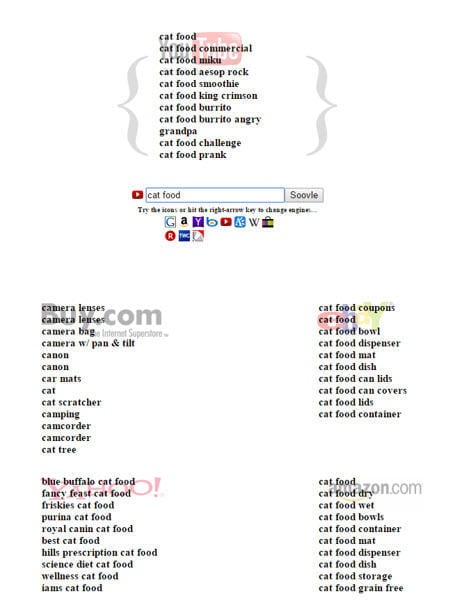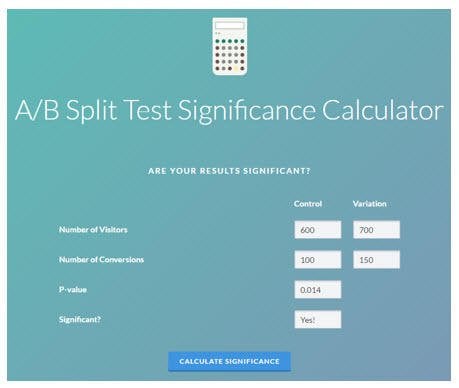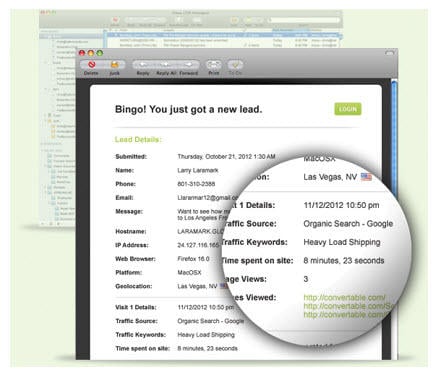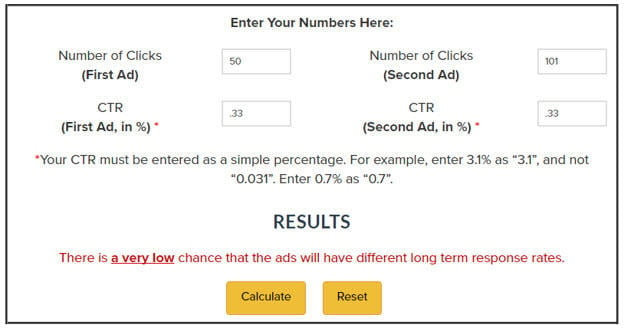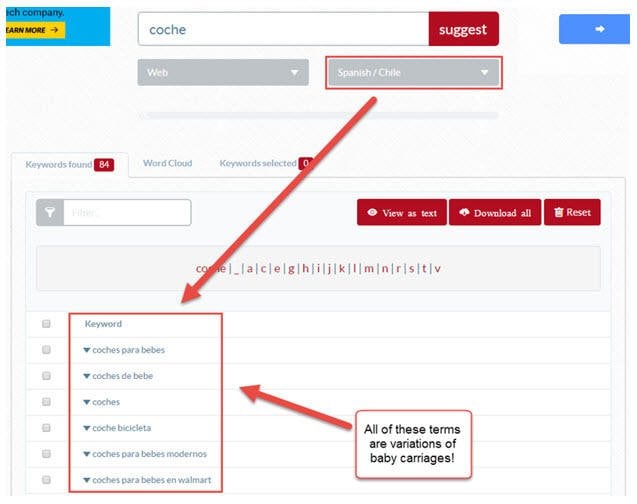
We’ve updated this list! Check out 10 Free Google Ads Tools You Didn’t Know About (But Should)
There’s no doubt about it, paid search is hard. It requires a diverse skillset; you must leverage your creative side to dream up new keyword combinations, your left-brain to analyze your A/B tests and bid adjustments and Excel wizardry to create reports. Being really good at all of these is exhausting, so luckily, there are plenty of free tools out to make our lives a little easier.
You’re probably well aware of Google’s free offerings, like Google Ads Editor and the Keyword Planner, both of which are incredibly powerful. Try diversifying your toolset and adding these totally underrated, top Google Ads tools to your repertoire!
Free Google Ads Tool #1: Google Ads Performance Grader
Ok, I admit that I’m biased, but I think many would agree WordStream’s Google Ads Performance Grader is one of the best free PPC tools out there. In 60 seconds or less, it analyzes your account and generates a detailed report that highlights your strengths and weaknesses, shows you how you stack up to competitors in your field and provides actionable tips to get even more out of your PPC efforts.
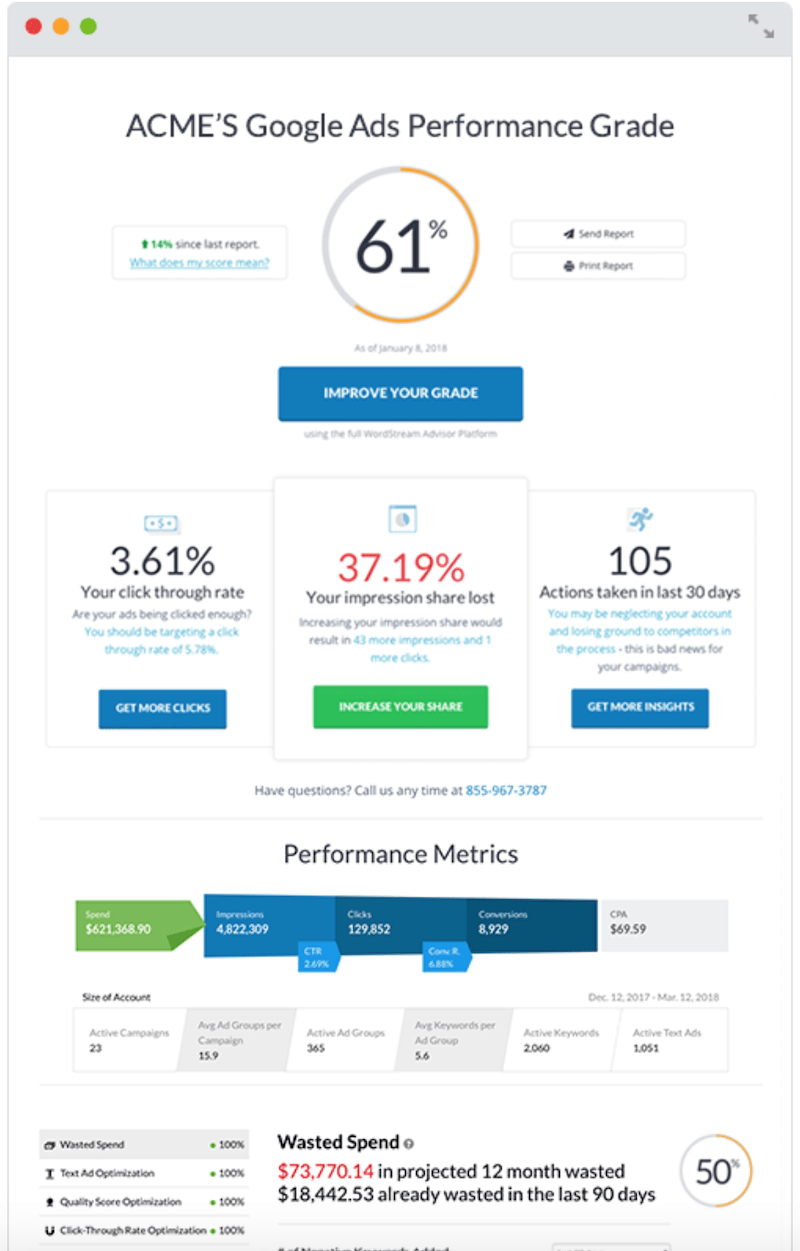
Give it a shot!
Try the Free Google Ads Performance Grader here.
Free Google Ads Tool #2: ÜberSuggest
ÜberSuggest is a one-stop shop for keyword research. Better yet, it’s so user-friendly that you can hop in and start using it without having to sit through any training. All you have to do is provide the tool with one of your primary terms, as well as the language and region that you’re targeting. The tool will generate tons of keyword variations associated with the original term, customized by your targeting criteria. For each of these keywords, you can right-click to view a Google search SERP (to get a sense for what ads are currently showing for the query) and its Google Trends data.
ÜberSuggest is an excellent resource for advertisers who are targeting geographic regions whose regional dialects they are not familiar with. For example, let’s say you work for a major automotive manufacturer focused on Spanish-speaking markets. One of your key terms would likely be “coche”, which means “car” in most Spanish-speaking countries. However, in Chilean Spanish, “coche” is used to refer to baby strollers and “auto” is used for cars.
This tool brings these regional nuances to light, helping advertisers identify them before they waste tons of money on irrelevant searchers!
Once you’ve reviewed all of the suggestions, select those that you want to add to the account. From there, you can copy them directly from the tool or export them into a CSV file to upload to Google Ads (AdWords).
Free Google Ads Tool #3: Soovle
If you’re a die-hard fan of Google Suggest for keyword research, it’s high time you try Soovle, which can only be described as Google Suggest on steroids. Enter one of your top head terms into this site and it’ll provide autocomplete suggestions from a wide variety of search engines, including Google, Youtube, Bing, Amazon and Wikipedia.
It’s fascinating to see how searchers’ queries differ per engine (who would have guessed “cat food smoothie” and “cat food burrito” are popular YouTube searches?) and helpful to see commonalities amongst all of them. These free insights are great for finding new keywords (and negatives, too!).
Free Google Ads #4: A/B Test Significance Calculator
Smart paid search advertisers should be perpetually testing new theories, pushing the envelope to score even more clicks and conversions. The safest way to explore new ads, extensions, etc. without harming your performance is to run two variations simultaneously and see which comes out on top.
How do you know when to end these split tests and declare a winner? That’s where statistical significance comes in. Now, as I admitted earlier this month, math is not my strong suit. That’s where the A/B Test Significance Calculator comes in handy. Rather crunching the numbers myself, I leverage this tool to do the work for me!
Just input the data for your control and your experimental groups and voila! The calculator dictates whether it you have sufficient information to declare your test results to be statistically significant. Definitely makes life easier for all my fellow math-adverse marketers out there!
Free Google Ads Tool #5: Mike’s Quick and Easy PPC Reporting Template
Reporting is a drag, especially if you don’t have an AdWords reporting tool. But it’s a necessary evil. How else can you prove to your boss (or your clients) that you are making strides in their account? Unfortunately, Google Ads doesn’t offer anything too snazzy from a reporting perspective, so we PPC managers are left to our own devices when it comes to generating performance reports.
If you’re not an Excel whiz, check out Mike Griffith’s Quick and Easy PPC Reporting Template–which is basically a free AdWords report generator. According to Mike, with this template, you can bust out a customized, high-quality report in a matter of minutes.
He even shares his step-by-step process for creating this document, in case you want to give it a shot yourself!
Free AdWords Tool #6: Convertable
We advertisers just love getting our hands on lead data. The problem is, attaining information about searchers’ behavioral patterns is challenging. It often requires an expensive CRM software or highly technical dev work. Just because you’re not in a position to shell out for one of these sophisticated solutions, doesn’t mean you should be making decisions in the dark. Instead, Convertable is the route to go.
With this free, web-based product, you can build your own landing page forms, which track each individual visitor’s source (down to the keyword level), geographical location, past visits, pages viewed and time on site. All of this lead data is stored online and the platform provides tools to help you slice and dice it to gain valuable insights for your marketing campaigns. How’s that for a game changer?
Free Google Ads Tool #7: SplitTester
A/B tests can take too darn long, especially for accounts with low volume. The only thing worse than waiting is when you discover that, after all that time, there’s really no frontrunner. SplitTester is a godsend for those of us who are impatient marketers. All the tool needs is your click count and click-through rate data for both ad variations.
It will analyze the data and predict whether the ads will produce different results in the long-term. If the tool indicates that there is a low chance that the ads will have different response rates, abandon the test altogether and try something new. If it predicts that the ad effectiveness will vary greatly, stay the course. The test will likely be worth the wait!
Are there any other free PPC tools that you absolutely love? Share your two cents in the comments section below!
And don’t miss our latest installment of this list! 10 Free Google Ads Tools You Didn’t Know About (But Should)

